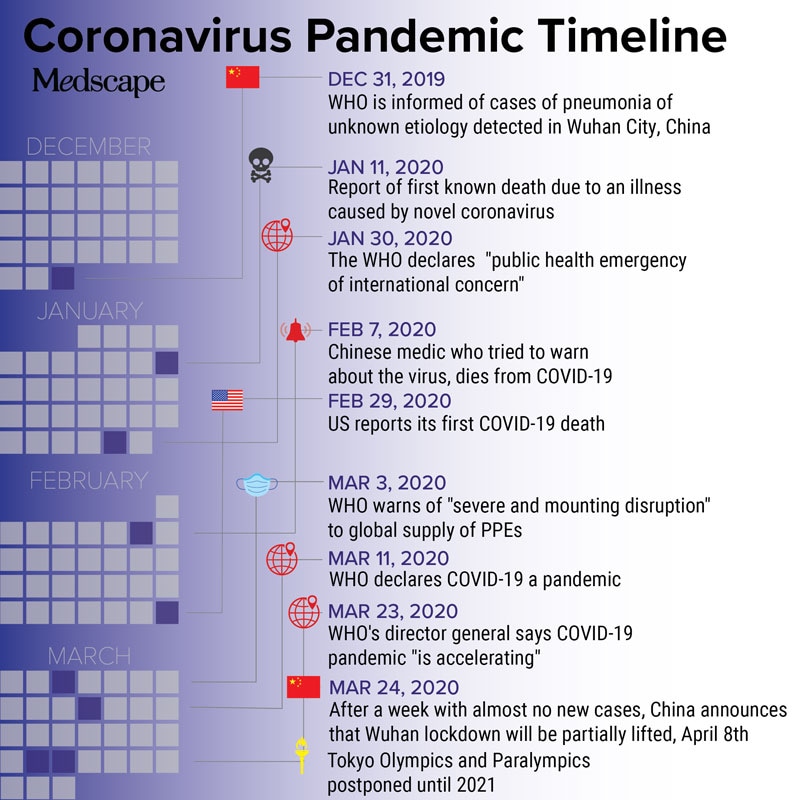
People of older age and those with underlying medical problems (e.g. There are reports that children and adolescents with COVID-19 may develop a rare but serious condition known as multisystem inflammatory syndrome in children (MIS-C), leading to multiorgan failure and shock. Some people may only have very mild or non-specific symptoms, while some may develop severe symptoms like shortness of breath, chest pain or confusion.Ĭomplications may include respiratory failure, acute respiratory distress syndrome (ARDS), sepsis and septic shock, thromboembolism, and/or multi-organ failure including injury of the heart, liver or kidneys.
#COVID SYMPTOMS TIMELINE FROM EXPOSURE SKIN#
Other symptoms include loss of taste or smell, nasal congestion, conjunctivitis, sore throat, headache, muscle or joint pain, skin rash, nausea or vomiting, diarrhea, chills or dizziness. The most common symptoms of COVID-19 include fever, dry cough and fatigue.

"Coronavirus disease 2019 (COVID-19)" is the disease caused by a new coronavirus called “SARS-CoV-2”. What is Coronavirus Disease 2019 (COVID-19)? Some infect people and are known to cause illness ranging from the common cold to more severe diseases such as Middle East Respiratory Syndrome (MERS) and Severe Acute Respiratory Syndrome (SARS).Ģ.
#COVID SYMPTOMS TIMELINE FROM EXPOSURE HOW TO#
And make sure to isolate if you are sick.įor information on how to find health care, visit our COVID-19 resources page. If you are experiencing any of the above symptoms, call your doctor for advice. Symptoms vary based on age and underlying health conditions, but those listed above are the most common. We still have a lot to learn when it comes to COVID-19.

Scientists hope to have more concrete findings in the future. Researchers will continue to study these cases. Some may run the risk of losing it permanently due to the body attacking the nasal passage when fighting COVID-19. For those with severe COVID-19 cases, some have reported losing their sense of smell for months. Typically, when the virus passes and swelling goes down, your sense of smell come back. This is when the tissue around the part of your nose responsible for smell swells up.

Initial research about prolonged loss of smell says that patients typically lose their sense of smell because of cleft syndrome.

Researchers are still trying to identify why some people experience symptoms for longer than other. These complications may occur as late as three weeks after onset of the initial illness. Bacterial infection is one possible complication. These include fever, loss of taste or smell, fatigue and a prolonged cough.ĬOVID-19 can damage the heart and kidneys. While most symptoms will disappear on their own, some people have reported specific symptoms lingering.


 0 kommentar(er)
0 kommentar(er)
